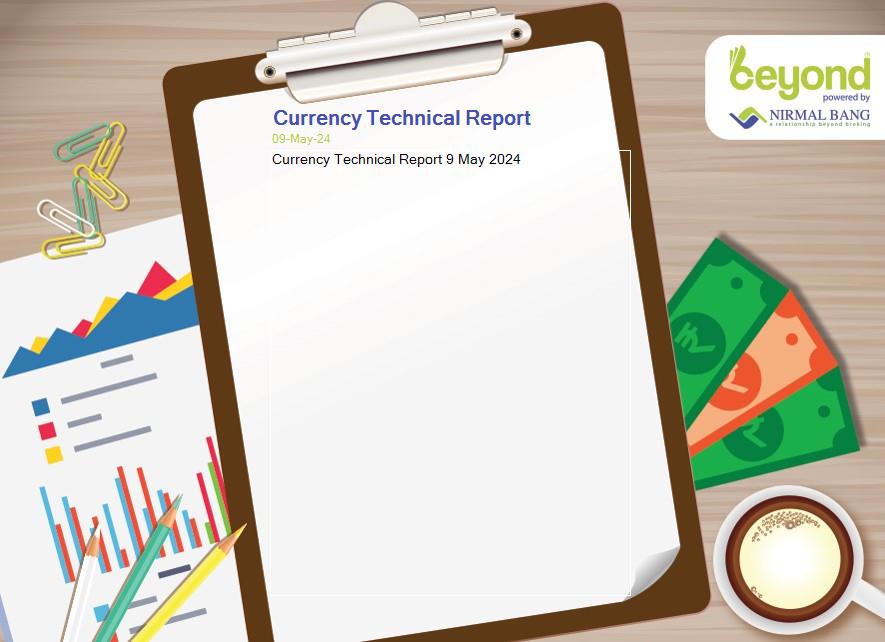The Impact of AI in the Stock Market: Revolutionizing Trading and Investment

Artificial Intelligence (AI) is no longer just a buzzword in the tech industry; it has become an integral part of modern finance, especially in the stock market. As AI technologies continue to evolve, they are reshaping how investors, traders, and financial institutions make decisions. From analyzing vast datasets in real time to executing trades faster than ever before, AI is fundamentally changing the way we approach stock market investments.
- Predictive Analytics and Forecasting AI-driven algorithms are exceptionally good at identifying patterns in historical data. They analyze market trends, economic indicators, and news reports to provide predictive insights. This allows investors to make more informed decisions based on predictions that are far more accurate than traditional methods. Machine learning models continuously learn from new data, improving the accuracy of these forecasts over time.
- Algorithmic Trading: High-frequency trading (HFT) is one of the most notable applications of AI in the stock market. AI-powered algorithms execute trades in milliseconds, capitalizing on minute price differences before human traders even recognize them. This speed and precision can significantly increase profitability, especially for institutional investors. The rise of algorithmic trading has led to greater market liquidity, though it has also raised concerns about market volatility.
- Sentiment Analysis: Stock prices are not only driven by numbers but also by market sentiment. AI systems are capable of analyzing vast amounts of news articles, social media posts, and even comments on forums to gauge public sentiment towards a particular stock. This real-time sentiment analysis helps investors predict how the market will react to specific events, whether it’s a company’s earnings report or a global economic crisis.
- Portfolio Management: AI-driven robo-advisors have made portfolio management accessible to a broader range of investors. These automated platforms use algorithms to create and manage diversified portfolios based on an individual’s risk tolerance and investment goals. AI not only reduces management fees but also provides real-time adjustments to portfolios based on market conditions, ensuring better optimization of returns.
- Risk Management AI tools are highly effective in identifying potential risks in the market. By analyzing both quantitative and qualitative data, AI systems can identify early warning signs of financial instability. They assess risk factors like market volatility, geopolitical events, and company-specific issues. For institutional investors, this allows for better risk mitigation strategies, while for individual traders, it can prevent significant losses by offering timely alerts.
How AI is Transforming Stock Market Trading
Benefits of AI in the Stock Market
- Speed and Efficiency: AI-powered systems can process vast amounts of data and execute trades much faster than any human could. This reduces the lag between identifying a market opportunity and taking action.
- Accuracy: AI models continuously learn and adapt, improving their accuracy over time. They can spot patterns that human analysts might miss, providing a competitive edge.
- Reduced Human Error: AI eliminates the emotional biases and human errors that can influence trading decisions. By relying on data and algorithms, investors can make more objective decisions.
- Accessibility: Robo-advisors and AI-powered platforms make it easier for retail investors to access sophisticated investment strategies that were once reserved for institutions.
Challenges of Using AI in Stock Market Trading
While AI offers immense potential, it also comes with its own set of challenges:
- Market Volatility: High-frequency trading, driven by AI, can increase market volatility, leading to sudden price swings. Critics argue that the sheer speed at which AI systems operate can exacerbate market crashes.
- Data Dependency: AI algorithms are only as good as the data they are fed. Poor data quality or lack of access to real-time data can skew AI predictions, leading to poor investment decisions.
- Ethical Concerns: As AI becomes more prevalent in finance, questions about ethical trading practices and market fairness arise. The growing reliance on AI could also lead to increased unemployment in the financial sector as traditional roles are automated.
- Regulation: The use of AI in stock trading is still in its infancy, and regulatory frameworks are struggling to keep up. Ensuring transparency and accountability in AI-driven trading is essential to prevent manipulation and protect investors.
The Future of AI in the Stock Market
The role of AI in the stock market is only expected to grow as technologies advance. We could see more sophisticated AI tools capable of predicting complex market behaviors, integrating real-time global events, and offering personalized investment advice. Moreover, the combination of AI with blockchain and decentralized finance (DeFi) could further revolutionize how stock markets operate, offering greater transparency and efficiency.
Conclusion
AI is undeniably transforming the stock market, providing traders and investors with tools that offer unparalleled speed, accuracy, and insight. However, with great power comes great responsibility. While AI can enhance trading strategies and investment outcomes, it also introduces challenges that require careful management, both by individual investors and regulatory bodies. As we continue to explore the potential of AI in finance, the key will be balancing innovation with oversight to ensure a fair and stable market for all.


FAQs
Answer 1
Answer 2
